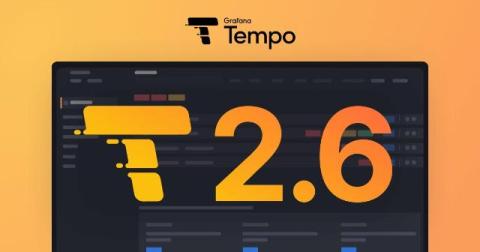Alert noise reduction: How to cut through the noise
ITOps and AIOps teams often face an overwhelming volume of notifications, many of which are false positives or low-priority alerts. The constant influx creates a chaotic environment. ITOps and AIOps teams can easily miss critical issues, potentially leading to system failures or prolonged downtime. Spending significant time sifting through irrelevant alerts reduces team efficiency and slows response. Focus on alert noise reduction to ensure that only meaningful and actionable alerts reach your teams.











